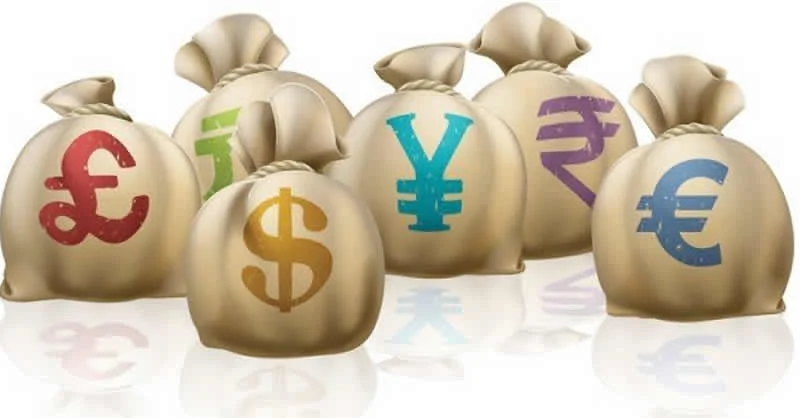The Kenyan government has restricted access to the messaging app Telegram, in what digital rights groups say is part of a wider crackdown on dissent surrounding the anniversary of the June 25 protests.
According to NetBlocks, a global internet monitoring group, the platform is now either partially or fully inaccessible across the country.
The timing of the restriction coincides with renewed protests marking one year since thousands of Kenyans stormed parliament to oppose tax hikes and worsening economic conditions. This year’s demonstrations once again saw citizens take to the streets to decry what they describe as bad governance and economic hardship.
Social media platforms, particularly Telegram and X (formerly Twitter), have played a key role in organising and broadcasting the protests. Protesters used the apps to coordinate, livestream events, and share real-time footage—activity that appears to have drawn the government’s ire.
In a separate move on Wednesday, the Communications Authority of Kenya issued a directive banning live coverage of the protests by TV and radio stations, threatening regulatory action against outlets that defy the order. While the government has not officially linked the two actions, the simultaneous suppression of both online and broadcast media has been widely interpreted as a coordinated attempt to control the national narrative.
The clampdown has sparked concern among digital rights advocates. Critics warn that silencing online platforms may escalate tensions rather than calm them, and risks undermining freedom of expression in the country. As of Thursday morning, the government had not issued a public statement explaining the restriction on Telegram.
Across Africa, internet and social media shutdowns have become an increasingly common tactic among governments confronting political unrest. Nigeria, for instance, banned Twitter for seven months in 2021 after the platform removed a post by then-President Muhammadu Buhari. Just this month, Tanzanian authorities blocked access to X, citing concerns over pornographic content.
With roughly 384 million internet users across the continent, social media has become a powerful tool for news dissemination, civic mobilisation, and public accountability—precisely the influence that many governments now appear keen to curtail.








